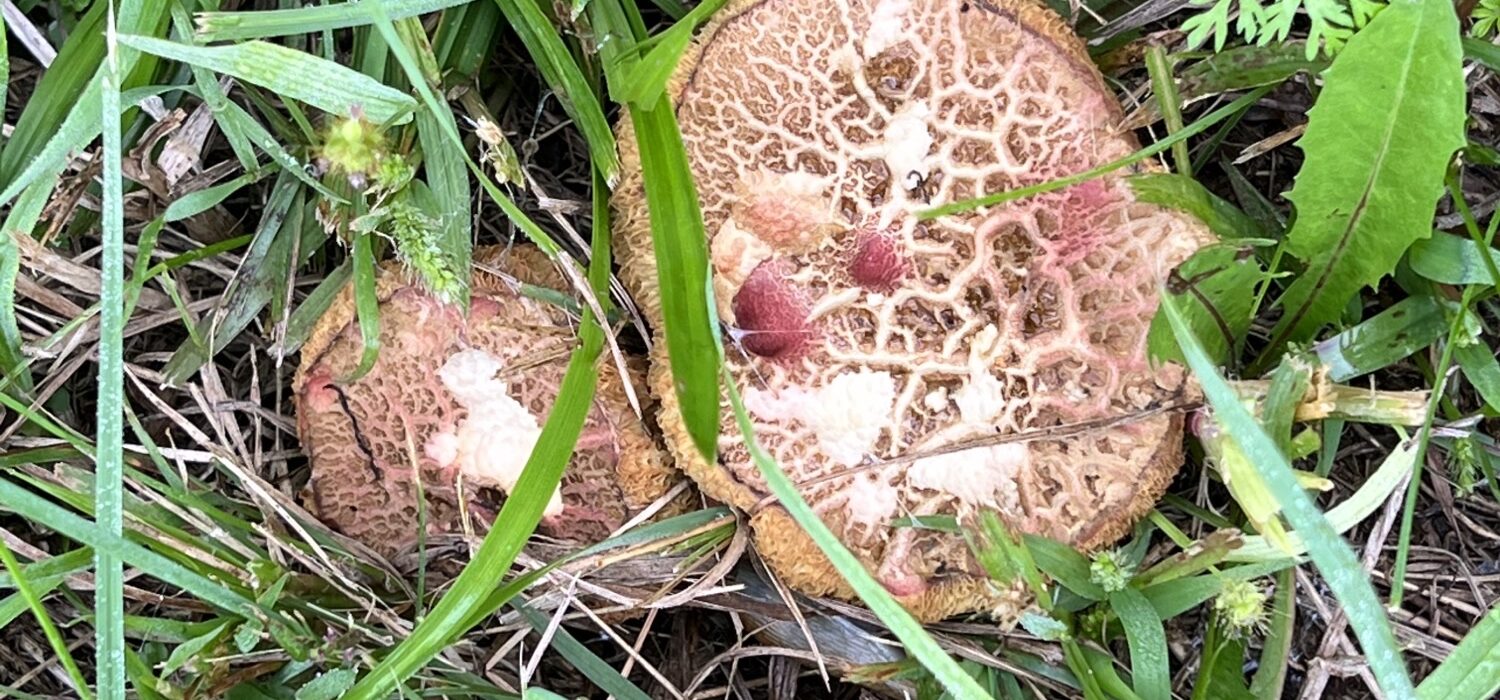Who Were the Wise Men?
To understand the significance of the wise men’s role in the Christmas story, let’s go back to the time of Daniel. The Medes and the Persians conquered Babylon in 539BC. The Persians were the dominant power, and the Medes were eventually integrated.
The Magi (i.e., wise men) were the hereditary priesthood of the Medes (knows as the Kurds today) and known for profound and extraordinary religious knowledge. They proved to be experts in interpreting dreams, which is why Darius made them the supreme priestly caste over the Persian Empire.
How Did the Wise Men Know About the Messiah?
Daniel eventually received the title of Rab-mag, or Chief of the Magi, because of his superior ability to interpret dreams other Magi could not. This led to his stay in the lion’s den (Daniel 1:18-20; Daniel 9:24-27; Daniel 12).
As a result of this interaction, the Magi knew Daniel’s prophecy about the Messiah. Daniel’s survival in the lion’s den as well as his part in saving the Magi’s lives significantly impacted them too. They probably also knew about the Messiah through Balaam, one of their ancestors (Numbers 24:17).
The Jews and the Persians (including the Magi) eventually fell under Seleucid control. The Seleucids eventually fell to the Parthians. The Magi continued as the dominating ruling party through the Seleucid and Parthian Empire and also through Sasanian rule (224-651BC).
Why Was Herod Afraid of the Wise Men?
The Magi traveled 800-900 miles and originated from what is modern-day Iran. They arrived in Jerusalem probably with a large entourage. They were the wealthy, ruling class of the Parthians, after all. As a result, they would have traveled protected and in relative ease.
Their arrival frightened the whole city, not just Herod the Great. The people of Jerusalem likely thought the Parthians came to besiege them again. Herod’s and the people’s fears were justified since many of them (including Herod) were in Jerusalem when the Parthians invaded Roman Judea a few decades before. They basically kicked out the Romans for several years.
Though they took back Judea, the Roman Empire never completely defeated the Parthians. The two groups went back and forth between war and diplomacy from 53AD-217BC. In addition, the Parthians had a sophisticated culture of commerce and significant wealth, and some of their cities stood as the largest in the world.
So, the Romans and Herod feared the arrival of the Magi for more than just their bringing emphasis to this child called “king of the Jews”:
“After Jesus was born in Bethlehem in Judea, during the time of King Herod, Magi from the east came to Jerusalem and asked, ‘Where is the one who has been born king of the Jews? We saw his star when it rose and have come to worship him.’ When King Herod heard this he was disturbed, and all Jerusalem with him.” (Matthew 2:1-3)
Why Should We Care About the Wise Men?
The Magi grew in knowledge about the Messiah. Their interest began just before the silent years between the testaments and endured from one generation to the next, and they weren’t even Jewish.
We also can’t overlook the fact that the Magi looked for Jesus’ arrival for hundreds of years. They expected it and knew the signs when they saw them.
The Magi set an example of what seeking Christ truly means still for us today.
“When they saw the star, they were overjoyed. On coming to the house, they saw the child with his mother Mary, and they bowed down and worshiped him. Then they opened their treasures and presented him with gifts of gold, frankincense and myrrh. And having been warned in a dream not to go back to Herod, they returned to their country by another route.”(Matthew 2:1-12)
We should care about the wise men today because their example is one we can and should follow. It’s one that shows us how to put faith in action.




coachmbrown
Excellent research on the likely origin and identity of the Magi. Matthew's Gospel inclusion of the story is quite interesting because his Gospel account is the most Jewish of the four accounts, yet the Magi story has tremendous inclusionary tones to it. The oral stories of the Messiah were wide spread because the northern tribes of Israel had been scattered in the 8th Century BC followed by Judah in the 6th Century BC with the fall of Jerusalem to the Chaldeans (Medes). The forced migration of thousands of Jews throughout the known world at that time (from North Africa to Spain to Persia and beyond brought their stories to understand their plight, of which the Messiah promise echoed wherever they went to give them hope and restore their faith in God. Even after many of the Judahite exiles in Persia returned to rebuild the temple and city of Jerusalem a century later, their paltry efforts were a daily reminder of their shortcomings and they turned to the promise of the Messiah, especially after the Greeks and Romans invaded their lands. Even Herod was never accepted as their true king (he was actually a half-breed Edomite with close Roman ties). While the Jews were trying to find their way back to the Promised Land and for God's promised covenant care, their Messiah stories remained interwoven in all the cultures they had migrated to… After Jesus died, his stories and teachings came with the label of the Messiah which fueled the fires of Jews, Greeks, Romans, and pagan peoples alike to accept the Good News of God's love and mercy. The Magi story therefore is symbolic of the inclusiveness in God's plan for all peoples of all nations. Sadly, the hard-cored Jews wanted exclusivity on God and history tells their story, just it reveals all others who have wandered aimlessly seeking their own gods and religion, or worship of self. That is my response to the Magi's story.
Kari Scare
Great detailed response! Much of what you wrote I also read in my study of the 400 Silent Years, which is how I can across the information on the Magi. I love how this type of information enhances our understanding of the Gospel message.
cycleguy
Good research Kari. The whole idea of magi has been a source of "conflict" among scholars. I simply look at them as men who saw, who read, who followed, and then worshiped. May I be that wise.
My recent post Glitch
Kari Scare
I actually stumbled across the information on a study of the 400 Silent Years. There's certainly not a lot of definitive information about the Magi, but what we do know is exciting in that it really enhances our understanding of the Gospel message. I pray for the same wisdom to seek Him out even if my culture says otherwise.
bettydraper1947
Your post made me think of a song, It Still Takes A Wise Man".
Chorus
It still takes a wise man to bow before a King
To worship and adore Him
More then any earthly thing
We offer up a sacrifice of praise for Him today
Cause it still takes a wise man to pray
Kari Scare
Very cool! Thanks for sharing this, Betty!
jason1scott
That is fascinating. I knew some of this, but it's very interesting to see a broader picture. As to your question, I love that these kings were overjoyed at seeing the star. They had faith–not because they had seen the fulfillment but they recognized the promise and went after it wholeheartedly. That's such a meaningful thing to me. Thanks Kari!
Kari Scare
I'm glad you found it interesting, Jason. I did too! The word "wholehearted" has been coming on my radar quite a bit these past few weeks, and I hadn't thought of it with regard to the wise men yet. You're right though, and it's even more significant I think because they had been waiting for this event for so long. Their excitement built instead of faded!